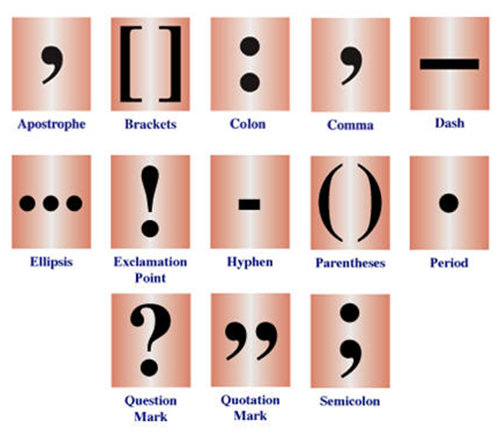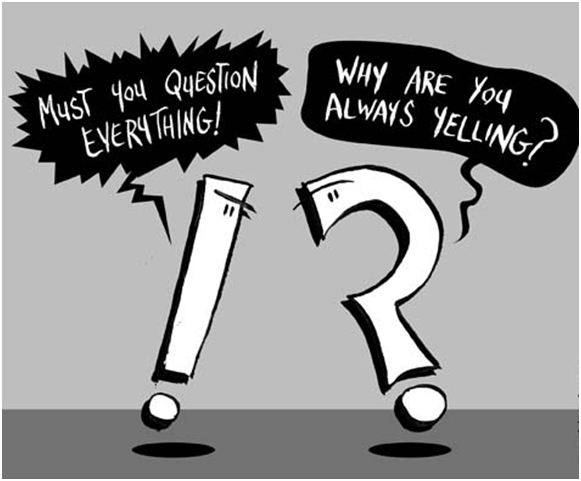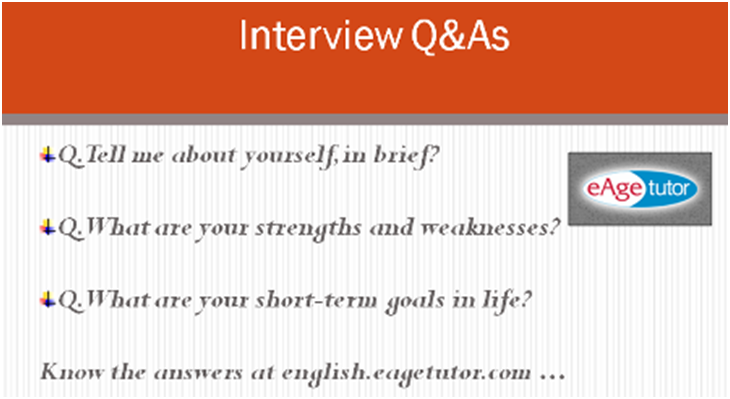Learning English through Music - Go the Lyrical Way!
How to improve spoken English?
This is one of the most common questions that we face on a day-to-day basis. As an English speaking course provider, we have researched and identified newer ways that can help students to improve their communication skills. One such experiential way is to go lyrical.
Often, students get bored learning grammar and other nuances of English. In such a scenario, a little dose of fun is always welcome. So, let us join together in a fun and entertaining journey to improve your English speaking.
Principles of learning English
Before we venture deep into how music can help you improve your vocabulary, let us first look at the principles you need to follow on this route.
1. Have fun while learning English
It is essential that you enjoy this activity, albeit, the whole point would be lost. Make sure you are passionate about the kind of music that you choose to listen to, to improve your English learning.
2. Practice 20 minutes every day
It would be much simpler to follow this principle if you preach the first rule. Learning a new skill, especially a new language, takes a lot of effort and time. Although learning English may not eat up a lot of your time, but you may have to commit a small portion of it every day. Unless you practice each day without fail, you would not reap significant results.
3. Have your reasons in place
It is important that you have your reasons in place for learning English. It is not something that you are doing for the society, at large. So, come up with a strong motivation that will keep you on track to learning English.
Now, just turn up the volumes and put on your headphones, the most enjoyable English learning class is about to begin.
The best way to learn English - the no stress way
Set a goal. The goal should be to have an enjoyable time while you improve your vocabulary. Get used to hearing English. It is a known fact that people who enjoy English music have good knowledge of the language as well. This is because you are exposed to a humongous library of new words. The goal is to know their meaning and their usage.
In addition, while you hear music, you can also understand the feelings. This is the nature of music; it allows you to connect the feelings, words, meanings and stories, all at the same time.
Let's look at the lyrics of a popular song:
Artist: Eurythmics
How many sorrows
Do you try to hide
In a world of illusion
That's covering your mind?
If you listen to this song and pay attention to the lyrics, you would learn a lot of new words. This song is simple, the pronunciation is clear and the words are easy to understand.
If you come across a word like illusion, look up for its meaning online. Wikipedia definition, "An illusion is a distortion of the senses, revealing how the brain normally organizes and interprets sensory stimulation."
Now, relate it with the lyrics of the song, the concept would be clearer. Isn't it easy to learn new words and improve your English vocabulary this way? Learn English for free by listening to your favorite songs. Get started now!
About eAgeTutor:
eAgeTutor.com provides English courses online for people who want to improve spoken English. Our expert tutors from around the globe undertake the online spoken English classes. A mix of interactive and fun-based programs is developed for students to help them improve their English language.
For further information on our online spoken English courses, please visit www.eagetutor.com.
- By Monika Agarwal
Related topics:
How to learn English through listening?
Golden Rules for Improving Spoken English
How to Use Punctuation Correctly? Part - I
One of the most common and basic mistake that most of us commit while writing is the wrong use of punctuation marks. In today's modern age, when we are more fluent with the SMS language and the slang terms, we have forgotten the fundamentals of English like Punctuation. How many of us can proudly say we know A-Z about punctuation. Let's consider this article as your free English learning guide to punctuation.
Definition of punctuation
Wikipedia definition
"Punctuation marks are symbols that indicate the structure and organization of written language, as well as intonation and pauses to be observed when reading aloud."
The Oxford dictionary defines, "the marks, such as a full stop, comma, and brackets, used in writing to separate sentences and their elements and to clarify meaning."
In simple words, a set of symbols that are used in writing to guide a reader know the structure of a sentence. Punctuation guides us to change the rhythm, highlight a word in our speech and show the right expression. The common punctuation marks in English include the comma, apostrophe, period, quotation mark, exclamation mark, question mark, bracket, hyphen, dash, semicolon, ellipsis, and colon. Each punctuation mark has a specific purpose and use in the English language. Some may have varied meanings; based on the context they are used.
Punctuation rules 
End of the sentence punctuation
Every sentence that you write has to end somewhere. This ending punctuation mark can be a full stop or period, exclamation mark, question mark or an ellipsis. These punctuation marks terminate a sentence. The default terminal punctuation mark is a period or a full stop.
Ex: He lives in Chicago
The period is used here to finish the sentence without disclosing any other meaning.
Question mark: When you end a sentence in a question mark, you suggest an inquiry or an interrogatory remark.
Ex: What is your name?
The question mark is used to inquire a person's name.
Exclamation mark: It is used to suggest excitement or emphasis in a sentence.
Ex: I can't believe I am going to UK!
Ellipsis: It is a punctuation that is used when some part of a sentence is being omitted; usually used in quotes.
Ex: "[...] the President was excited as he laid out the growth policies in the agricultural sector."
Semicolon (;) vs. colon (:)
We all have studied the use of Semicolon while learning English grammar in our school. However, do you understand the difference between a colon and a semicolon? A semicolon is used when the writer wants to link two related, but independent clauses. There is always an argument, why not a period but a semicolon. Of course, if you think your sentence is too wordy, you can use a period, but avoid using it if you think it will create a strong break between the sentences.
Example: Several fast food restaurants can be found within the cities: London, England; Paris, France; Dublin, Ireland; and Madrid, Spain.
Now, let's learn the English lesson on the use of the colon. This punctuation mark is used to introduce a list. It can be used with ratios, titles and subtitles of books, hours and minutes.
Example: The concert begins at 21:45.
The following are our services:
We shall continue our free English learning session in our next blog on how to use English punctuation correctly. Till then, practice and observe the above punctuation marks to improve your English skills.
How to Face an Interview with Confidence?
Most of us remember our first job interview. The time when we are the most nervous and don't have a slight clue what an interview meant. Every experience teaches you a thing or two, especially when it comes to interviewing. We get more confident, fluent and smarter after years of working. One common question our tutors have come across over the years,
"How to improve English fluency while facing an interview?"
First of all, you are nervous and on top of it the interviewer is asking you difficult questions you are unsure of. How can a person, who is under extreme pressure, focuses on getting his language right? While it is normal to be a bit nervous before appearing for an interview, it is vital that you manage to make a good first impression. It all depends on how confident you are in that brief 15-30 minutes that decides your future. Let's look at some tips that can help you come out of an interview with flying colors.
Don't stress yourself with 'I can't speak English' thought
This is what we suggest our students. Most of them come to us before appearing an interview with a question, how to speak English fluently in an interview? When you are in front of an interviewer, don't think about English at all because that will make you nervous. It is important that you practice English speaking daily to get a grip on the language. It is better if you could enroll in an online English class as they provide interactive lessons to help you learn the language faster.
Read newspapers, books, magazines and watch English movies and shows. It is not something you should do on the day of going for an interview. You cannot improve English skills overnight as it takes a lot of practice and dedication.
So the key is to prepare as much as you can before the interview and sound confident all the while. If you are confident about your abilities, there would be no stumbling block in your success, not even English. It's only when you get conscious about your English would you make a mistake. If you just listen to the interviewer and give insightful answers, language will only help you better your answer.
Now, let's look at some common interview questions and their probable answers.
Q. Tell me about yourself, in brief?
A. I have done my Electrical Engineering from Agnels College, Bangalore. My hobbies include basketball, cycling, traveling in and hiking. I started my career as a junior engineer with XYZ Company. I've been working with the company for three years now."
Q. What are your strengths and weaknesses?
A. I believe my strongest strength is my punctuality. It has helped me a lot to start my work on time and give better productivity. My weakest trait is my hesitation in asking help.
I am a good team player and that is my biggest strength. I am also a good listener. My weakest trait is my English ability. I am studying hard and I am sure I will improve my communication skills in no time.
Q. What are your near goals in life?
A. My goal is to perform exceptionally well in my new job. I plan to use my strength and knowledge to contribute to the company's growth and success.
We shall discuss more such questions and answers in our upcoming blog. Until then, keep on improving your English fluency.




